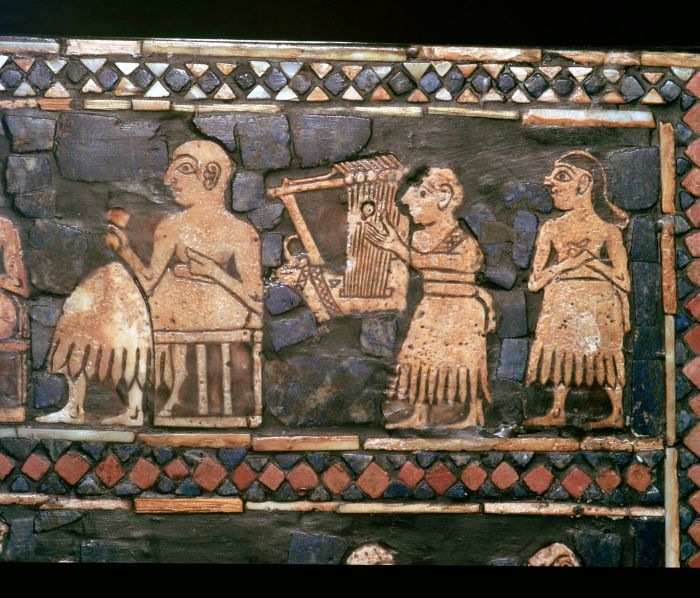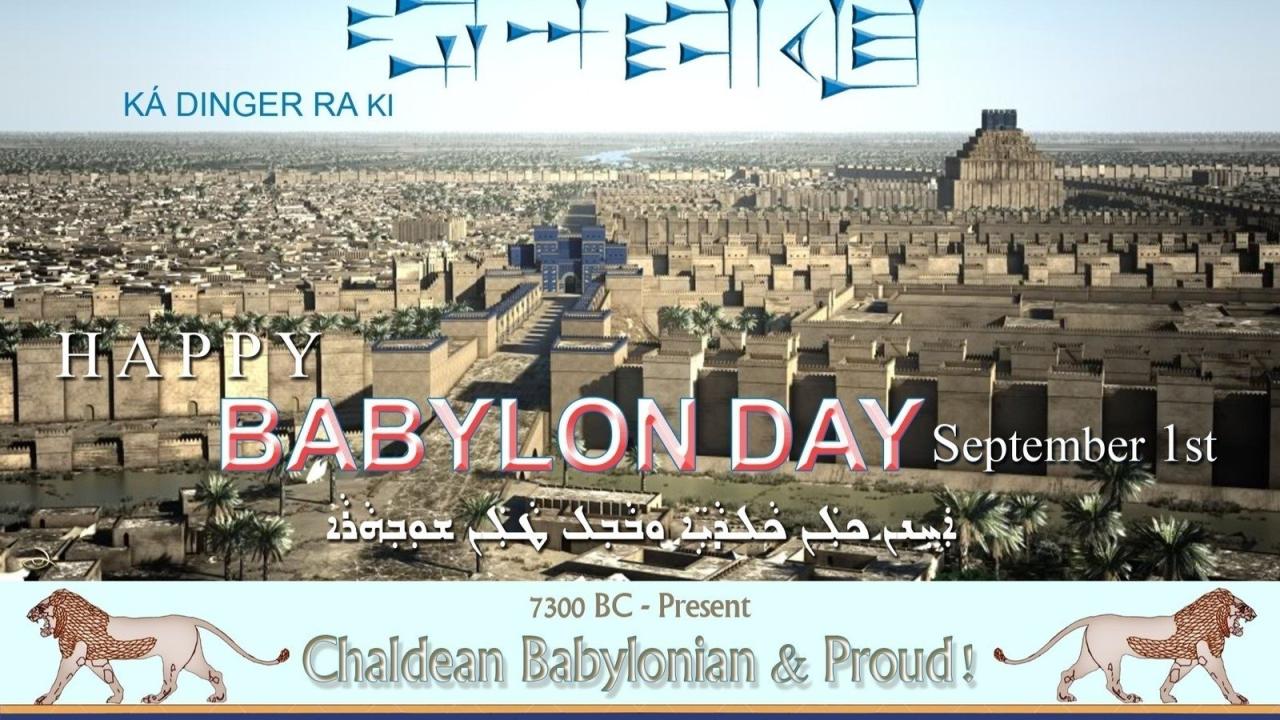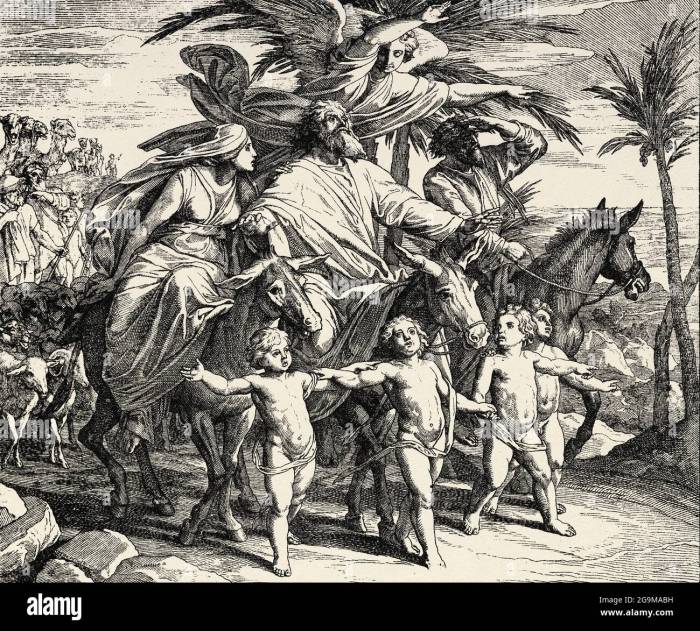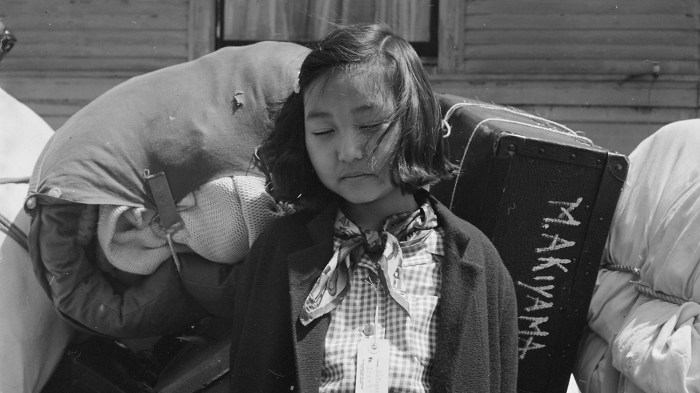In this exploration of quienes son los caldeos en la actualidad, we embark on a journey through time and space to unravel the rich tapestry of the Chaldean people. From their ancient origins to their modern-day presence, we delve into their cultural traditions, socioeconomic status, and the challenges and opportunities they face in the contemporary world.
As we trace the footprints of the Chaldeans across the globe, we uncover their resilience, adaptability, and unwavering commitment to preserving their heritage. Their story is a testament to the enduring power of human identity and the transformative nature of diaspora.
Historical Background

The Chaldeans originated as an ancient Semitic-speaking people who inhabited the marshy region of southern Mesopotamia, known as Babylonia, around the 11th century BCE. They rose to prominence in the 7th century BCE under the Neo-Babylonian Empire, which ruled over much of the Middle East.
The Chaldeans were known for their cultural and intellectual achievements, particularly in astronomy and astrology.
The Chaldeans developed a complex system of astrology, which involved the study of the positions and movements of celestial bodies to predict events on Earth. They also made significant contributions to astronomy, including the development of the zodiac and the observation of planetary motion.
Cultural and Religious Practices
The Chaldeans were a polytheistic people who worshiped a pantheon of gods, including Marduk, the national god of Babylonia. They also practiced divination and magic, and believed in the existence of spirits and demons.
The Chaldeans had a rich cultural tradition that included music, literature, and art. They were known for their elaborate palaces and temples, which were adorned with intricate carvings and sculptures.
Modern Presence

Geographical Locations, Quienes son los caldeos en la actualidad
Today, the Chaldean community is primarily concentrated in the Middle East, with significant populations in Iraq, Iran, and Syria. They have also established significant diasporas in Europe, North America, and Australia.
Population Size and Distribution
The exact population of Chaldeans is difficult to determine, as they are not officially recognized as a distinct ethnic group in many countries. However, estimates suggest that there are approximately 1.5 million Chaldeans worldwide.
Cultural Identity
Cultural Traditions and Beliefs
Modern Chaldeans have preserved many of their traditional cultural practices and beliefs. They continue to speak the Chaldean language, which is a dialect of Aramaic, and observe Chaldean religious traditions.
Chaldean culture places a strong emphasis on family and community. Extended families often live together in close-knit communities, and there is a strong sense of mutual support and obligation.
Preserving Heritage
Chaldean communities have made significant efforts to preserve their heritage in the face of assimilation and cultural change. They have established cultural centers, language schools, and community organizations to promote Chaldean culture and traditions.
Socioeconomic Status: Quienes Son Los Caldeos En La Actualidad
Educational Attainment
Chaldeans generally have high levels of educational attainment. In the United States, for example, Chaldeans have a median household income of over $70,000 and a college graduation rate of over 50%.
Employment Rates and Income Levels
Chaldean communities have a diverse range of employment opportunities. Many Chaldeans are employed in professional fields, such as medicine, law, and business. Others are employed in blue-collar jobs, such as construction and manufacturing.
Challenges and Opportunities

Challenges
Chaldean communities face a number of challenges, including discrimination and prejudice. They may also face language barriers and cultural differences in their new home countries.
Opportunities
Despite these challenges, Chaldeans have also found opportunities for growth and development in their new home countries. They have established successful businesses, contributed to the arts and sciences, and made significant contributions to their local communities.
Global Diaspora
Worldwide Distribution
The Chaldean diaspora is spread across the globe, with significant communities in the United States, Canada, Europe, and Australia. They have established their own churches, schools, and community organizations to maintain their cultural identity.
Factors Contributing to Dispersion
The Chaldean diaspora has been caused by a number of factors, including political instability, economic hardship, and religious persecution. Many Chaldeans have fled their home countries in search of a better life.
Query Resolution
What is the origin of the Chaldeans?
The Chaldeans emerged as a distinct group in ancient Mesopotamia, known for their astrological and astronomical knowledge.
Where do Chaldeans primarily reside today?
Today, Chaldeans are primarily concentrated in Iraq, Iran, Turkey, and the United States.
How have Chaldeans preserved their cultural heritage?
Chaldeans have preserved their cultural heritage through language, religious practices, traditional music and dance, and a strong sense of community.
